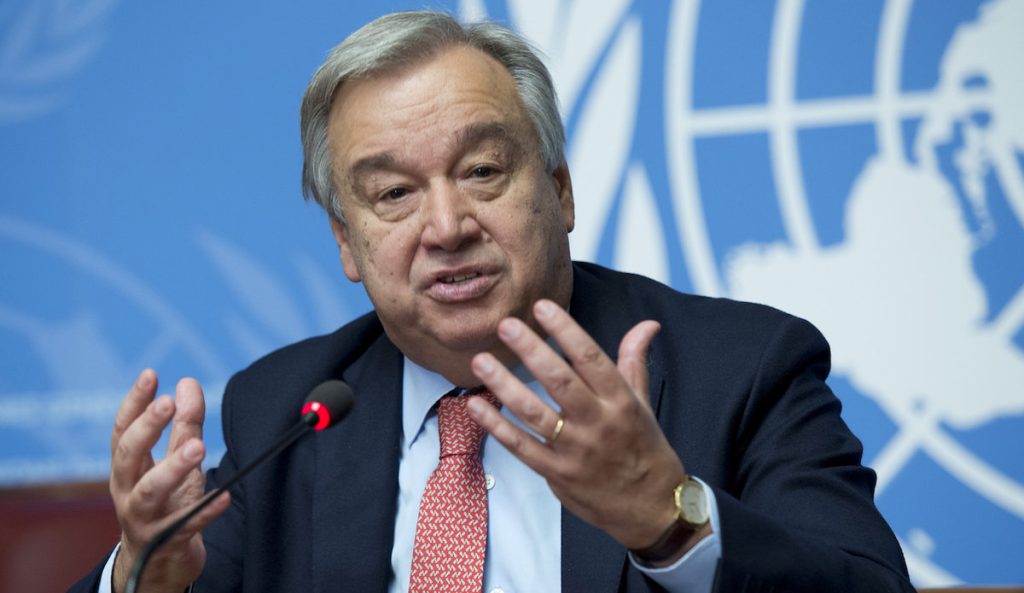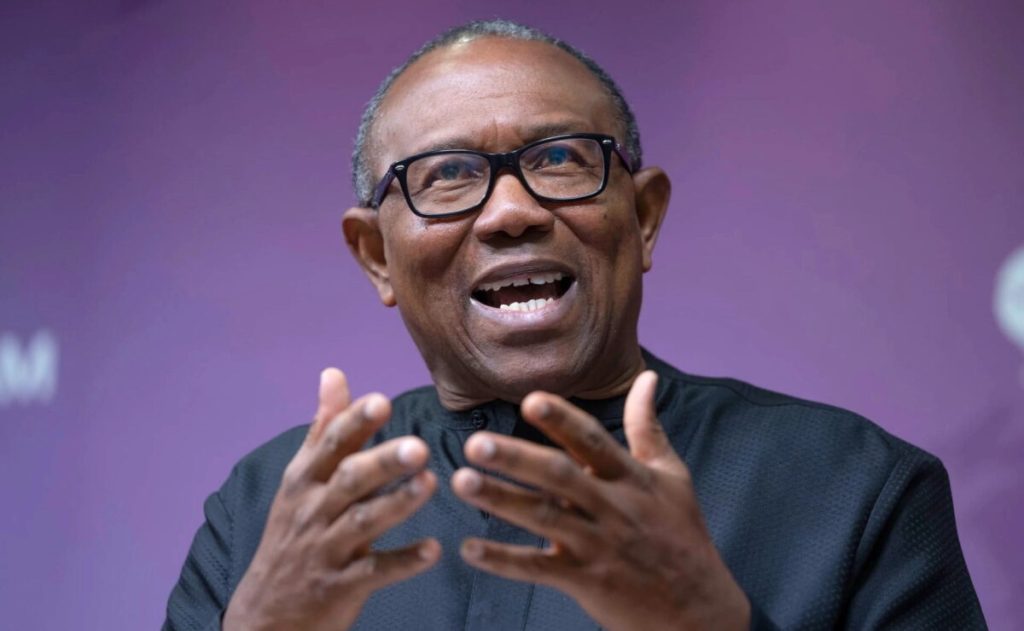Nigeria’s Persistent Violence: The Role of Religion in Shaping the Country’s Turmoil
The ongoing violence in northern Nigeria has sparked a debate about the motivations behind the conflict, with some commentators downplaying the role of religion. However, given the country’s complex history and the significance of religion in Nigerian politics, it is surprising that many are reluctant to acknowledge the religious dimension of the crisis.
In Nigeria, religion is a crucial factor in understanding the country’s ethnonational, regional, and elite contestations. The country’s political landscape is shaped by the interplay between different religious groups, and ignoring this aspect can lead to a lack of understanding of the underlying causes of the conflict. Despite this, senior government officials and some commentators have dismissed the idea that religion plays a significant role in the violence, with some even suggesting that relations between people of different faiths have never been better.
The reluctance to address the religious aspect of the conflict is partly driven by political considerations. With the 2027 presidential election approaching, politicians are wary of antagonizing the northern political establishment, which has significant influence over the voting bloc in the region. This has led to a cautious approach, with some politicians avoiding direct references to the religious dimension of the conflict.
The situation is further complicated by the presence of extremist groups such as Boko Haram, which has been waging a bloody campaign to establish a Sharia-based theocracy in Nigeria. The group’s ideology is shared by other jihadist organizations in the region, including al-Qaeda and the Islamic State. The failure to acknowledge the religious roots of the conflict has led to a lack of effective response to the crisis, with some analysts focusing on secondary issues such as kidnapping and banditry.
The international community has also been criticized for its response to the crisis, with some blaming former US President Trump for stoking religious tensions in Nigeria. However, this overlooks the fact that religious tensions have long been present in the country, particularly in the north. The victims of Boko Haram’s attacks have welcomed international attention to their plight, and it is essential to recognize the religious dimension of the conflict to develop an effective response.
In conclusion, the ongoing violence in northern Nigeria is a complex issue that cannot be understood without considering the role of religion. The reluctance to acknowledge this aspect of the conflict has hindered efforts to address the crisis, and it is essential to develop a more nuanced understanding of the religious dynamics at play. By recognizing the significance of religion in shaping the country’s turmoil, policymakers and commentators can work towards a more effective response to the conflict and promote a more peaceful and stable Nigeria.



![spiritual attack nigerian actor okemesi homeless seeks help 'I'm sick, homeless' - Actor Okemesi cries for help [VIDEO]](https://mediatalkafrica.com/wp-content/uploads/2026/02/xSpiritual-Attack-Nigerian-Actor-Okemesi-Homeless-Seeks-Help-768x1024.jpg.pagespeed.ic.65RX7EQtOf.jpg)